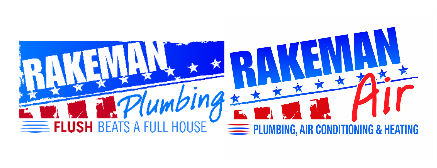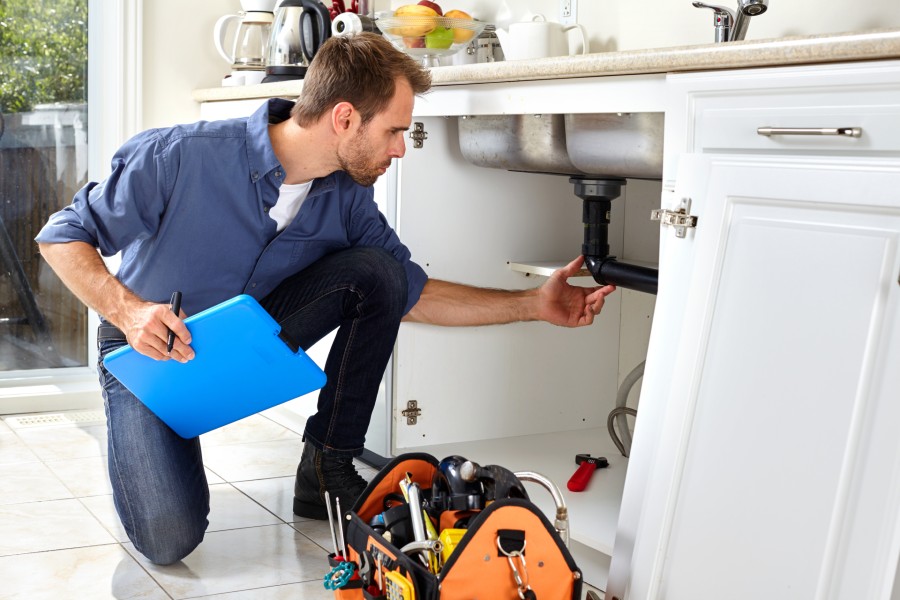Buying a home in the Las Vegas, NV, area means investing a huge amount of money, so you don’t want to find out later that there are hidden problems that you need to pay hundreds or thousands of dollars to fix.
Plumbing issues are some of the most common—and expensive—hidden issues, so make sure to use these plumbing-inspection tips before you buy.
1. Test Everything
Go through the house and test everything you can. Switch on all the faucets, flush all the toilets, and turn on all the showers. You don’t want to find any drips or leaks.
Fill the bathtub up and see if it drains in a timely manner. Is the dishwasher working? Does the water pressure seem to be high enough? When you turn faucets on or flush the toilet, are there any unusual sounds?
Look in the toilet tank while you flush the toilet to make sure the tank fills up in a timely manner. Does the fill valve work? Is the float ball adjusted correctly?
2. Check for Precautions Against Freezing Pipes
If pipes freeze, they can burst and cause a lot of damage, so you want to check for exposed pipes that might not stay warm enough in winter. Pipes on the exterior of the home are particularly prone to freezing.
Pipe insulation, such as heat tape, or adequate insulation in the walls can keep pipes warm enough that they don’t freeze, so ask if these are present or can be added.
3. Find Out What Materials Are in Use
Find out what materials are used in your pipes. For example, if there are any lead pipes, then you’ll want to know this. This is especially true if you have children, as lead is a toxin that affects children more than adults. In the United States, about 1 in 38 children have lead poisoning, so the lead isn’t just a concern of the past that you can take lightly.
As a general rule, you want to steer clear of houses with lead pipes. But even if you decide to buy a home that has lead piping anyway, knowing that the present material is less than desirable can help you get a lower price for the house.
4. Check the Water Heater
The water heater is a piece of equipment you’ll have a hard time living comfortably without. What’s more, it can cost a pretty penny to replace. Installing a new water heater would likely cost between about $700 and $1300, so make sure you’re getting a good one.
If a water heater is over 10 years old, it will likely need to be replaced soon. Ask about the age of the water heater and request that the water heater be replaced if necessary. Also be on the lookout for corrosion and rust regardless of the water heater’s age, as these are signs that the water heater will need to be replaced soon.
For help checking these things and more, call Rakeman Plumbing at 702-642-8553 or visit us to set up an inspection.
More Plumbing Inspection Tips:


Recent Comments